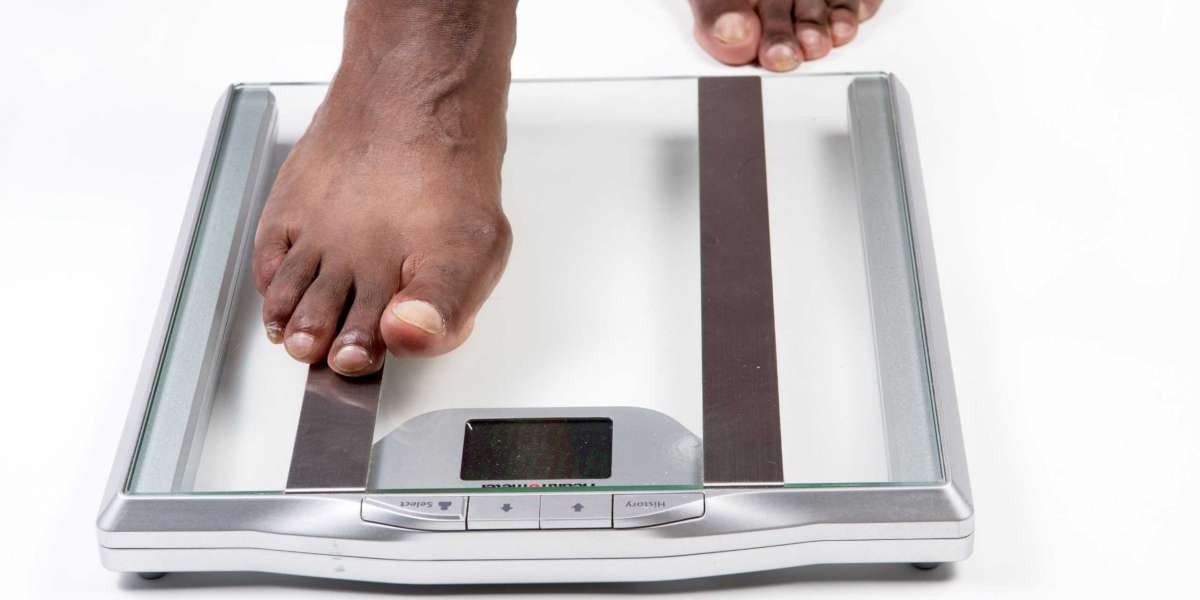Introduction to Body Mass Index Calculator:
A Body Mass Index Calculator is one of the most common tools used to quickly assess whether your body weight is within a healthy range based on your height. By entering your height and weight into the calculator, you receive a numerical value—your BMI—which can help identify if you’re underweight, at a healthy weight, overweight, or obese. While it doesn’t measure body fat directly, the BMI is a widely accepted starting point for evaluating general health.

What is a Body Mass Index Calculator?
A Body Mass Index Calculator is a simple online or offline tool that uses a mathematical formula to estimate body fat levels. It works by dividing a person’s weight in kilograms by their height in meters squared (kg/m²). The result falls into different ranges, such as:
- Below 18.5 – Underweight
- 18.5 to 24.9 – Normal weight
- 25 to 29.9 – Overweight
- 30 or above – Obese
Health professionals often use BMI as part of routine health checks because it offers a quick way to spot potential weight-related health risks.
How Does a Body Mass Index Calculator Work?
The Body Mass Index Calculator applies a straightforward formula:
- BMI = Weight (kg) ÷ [Height (m)]²
- For example, if someone weighs 70 kg and is 1.75 meters tall:
BMI = 70 ÷ (1.75 × 1.75) = 22.86 (which falls in the “normal weight” range).
There are also calculators available in imperial units for those who prefer using pounds and inches. Many modern calculators can instantly switch between metric and imperial systems, making them user-friendly for everyone.
Why Use a Body Mass Index Calculator?
While it’s not a perfect measure, a Body Mass Index Calculator is widely valued because:
- Quick Easy – It takes less than a minute to calculate.
- No Special Equipment – You only need height and weight measurements.
- Widely Recognized – Used by doctors, dietitians, and researchers.
- Helps in Goal Setting – Useful for weight loss or fitness programs.
Limitations of a Body Mass Index Calculator:
It’s important to understand that BMI doesn’t account for everything. For example:
- Muscle Mass – Athletes may have high BMI due to muscle, not fat.
- Body Composition – BMI doesn’t distinguish between fat and lean tissue.
- Age Gender Differences – It may not accurately reflect health risks for all age groups.
Despite these limitations, the Body Mass Index Calculator remains an important screening tool, especially when combined with other health indicators like waist-to-hip ratio or body fat percentage.
How to Use a Body Mass Index Calculator for Your Health Goals:
- Measure Accurately – Always measure your height and weight precisely.
- Check Your Result – Compare your BMI with the standard categories.
- Consult a Professional – If your BMI is too high or too low, speak with a healthcare provider.
- Create a Plan – Use BMI as a baseline to track progress over time.
By regularly checking your BMI, you can make informed decisions about your diet, exercise, and overall lifestyle.
Tips to Maintain a Healthy BMI:
- Balanced Diet – Eat nutrient-rich foods with controlled portions.
- Regular Exercise – Include cardio and strength training in your routine.
- Stay Hydrated – Water helps regulate metabolism and supports weight control.
- Get Adequate Sleep – Poor sleep can affect weight and metabolism.
Following these habits can help keep your BMI within the healthy range, making the Body Mass Index Calculator a helpful guide rather than just a number.
Tracking Your Progress with a Body Mass Index Calculator:
One of the best ways to use a Body Mass Index Calculator is for tracking your progress over time. Whether you’re starting a new fitness program, adjusting your diet, or simply aiming to maintain your current weight, regularly checking your BMI can show if your efforts are paying off. This ongoing monitoring can help you stay motivated and make small adjustments when needed, ensuring that you remain on the path toward better health.
Final Thoughts on the BMI Calculator:
The Body Mass Index Calculator is a fast, convenient, and widely used method for evaluating whether your weight falls into a healthy range for your height. While it shouldn’t be the sole measure of health, it can highlight potential risks and encourage positive lifestyle changes. Always remember that BMI is just one piece of the puzzle—overall health depends on many factors, including diet, exercise, genetics, and mental well-being. By using the Body Mass Index Calculator regularly and combining it with







